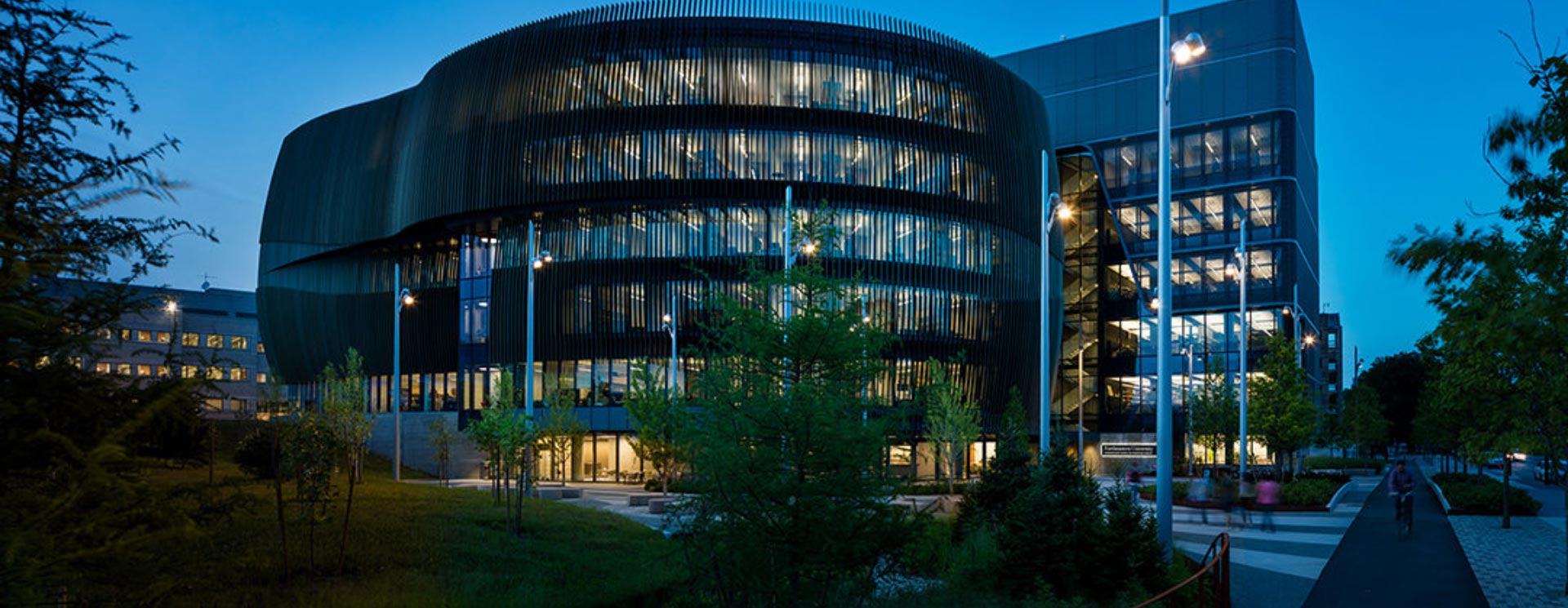
Science, Our Endless Frontier
The big questions of today require more than the sum total of our knowledge and ingenuity—they demand data, and lots of it. By harnessing powerful tools and algorithms, researchers can decode scientific complexities faster and at greater scales than ever before. A new, data-driven frontier has emerged, empowering scientists to transform our understanding of the world.
And with 37 interdisciplinary research centers and institutes, 15 of which are housed in the College of Science, Northeastern stands at the edge of the frontier. Come be a part of the next era of discovery.
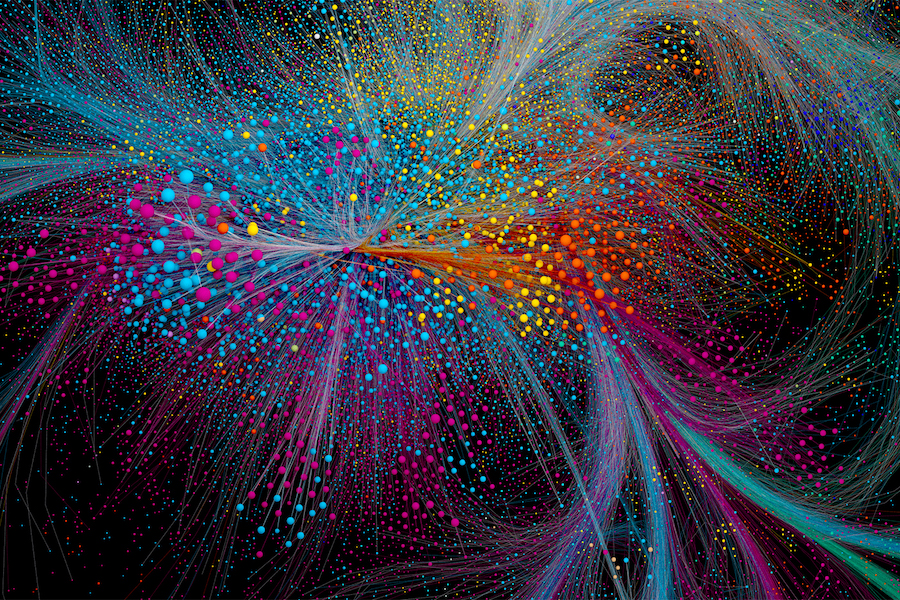
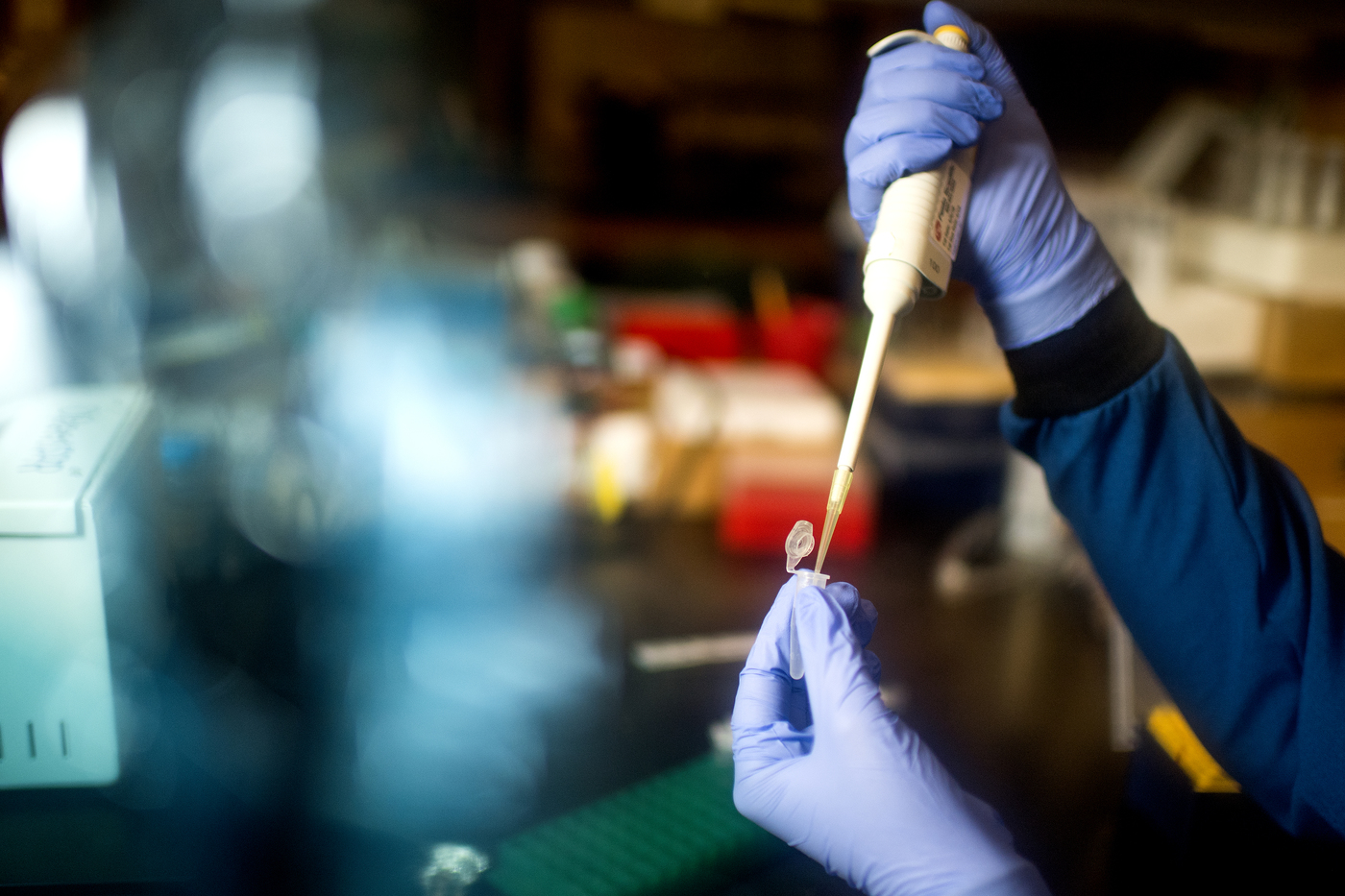

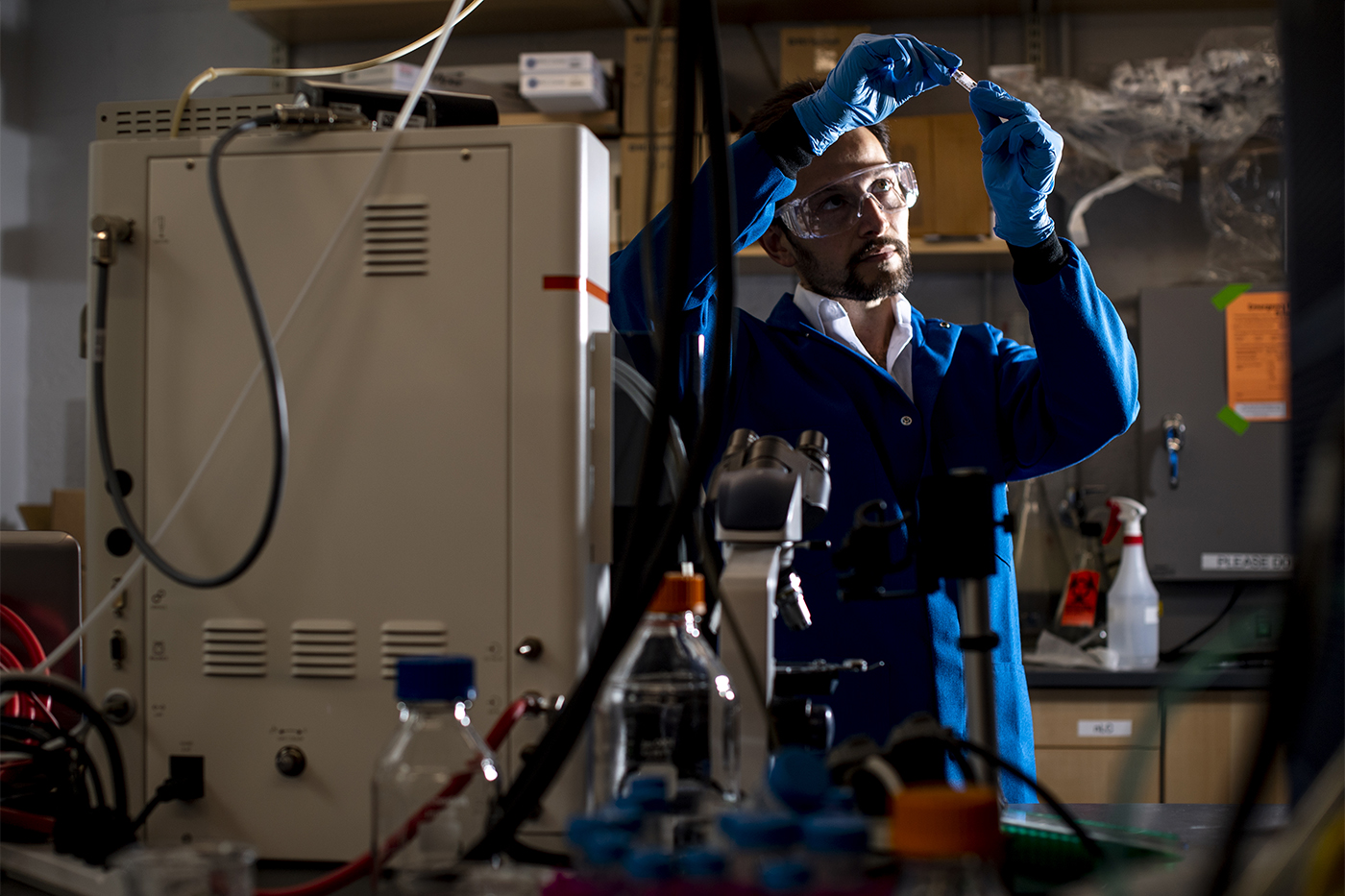
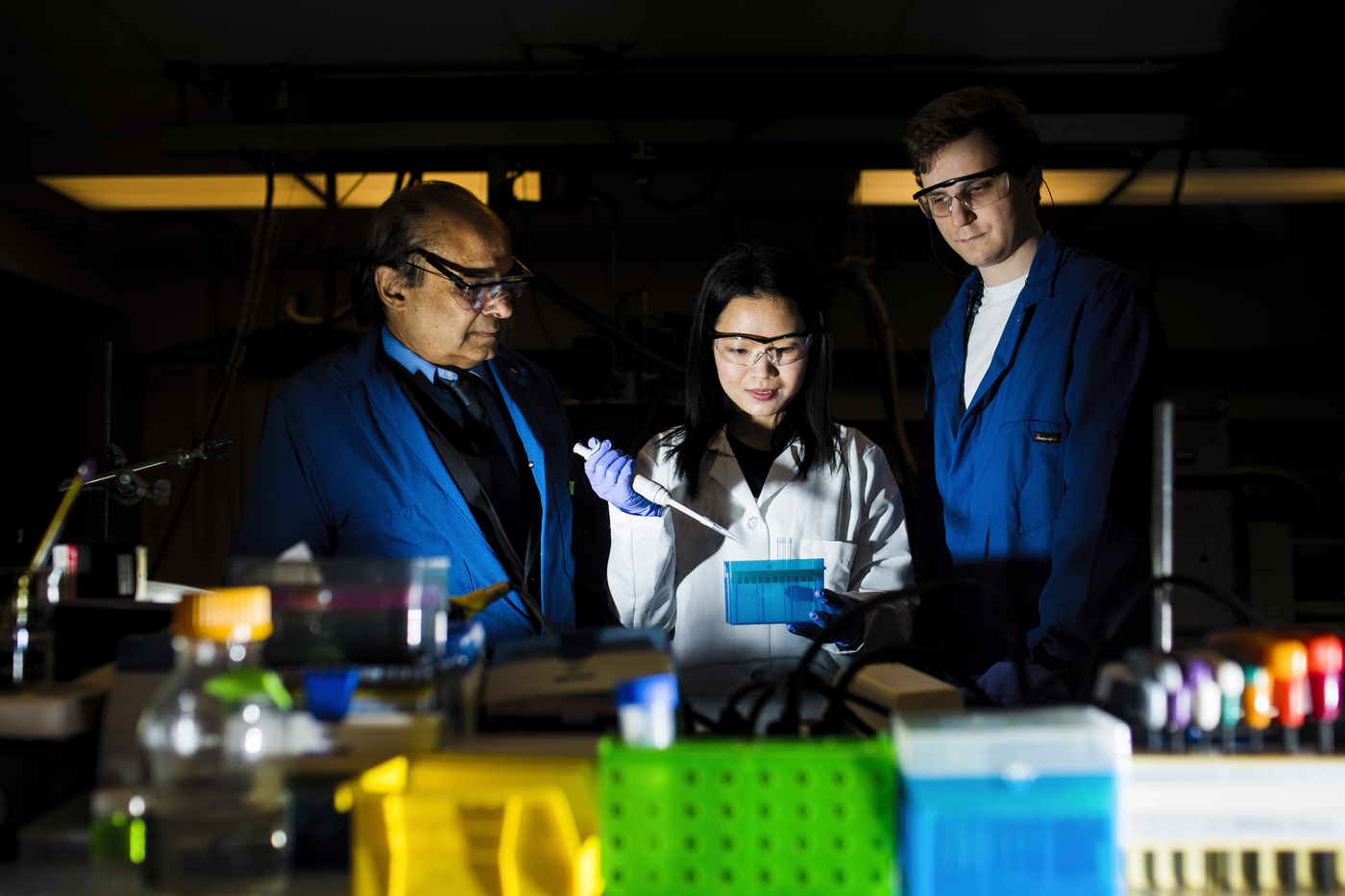




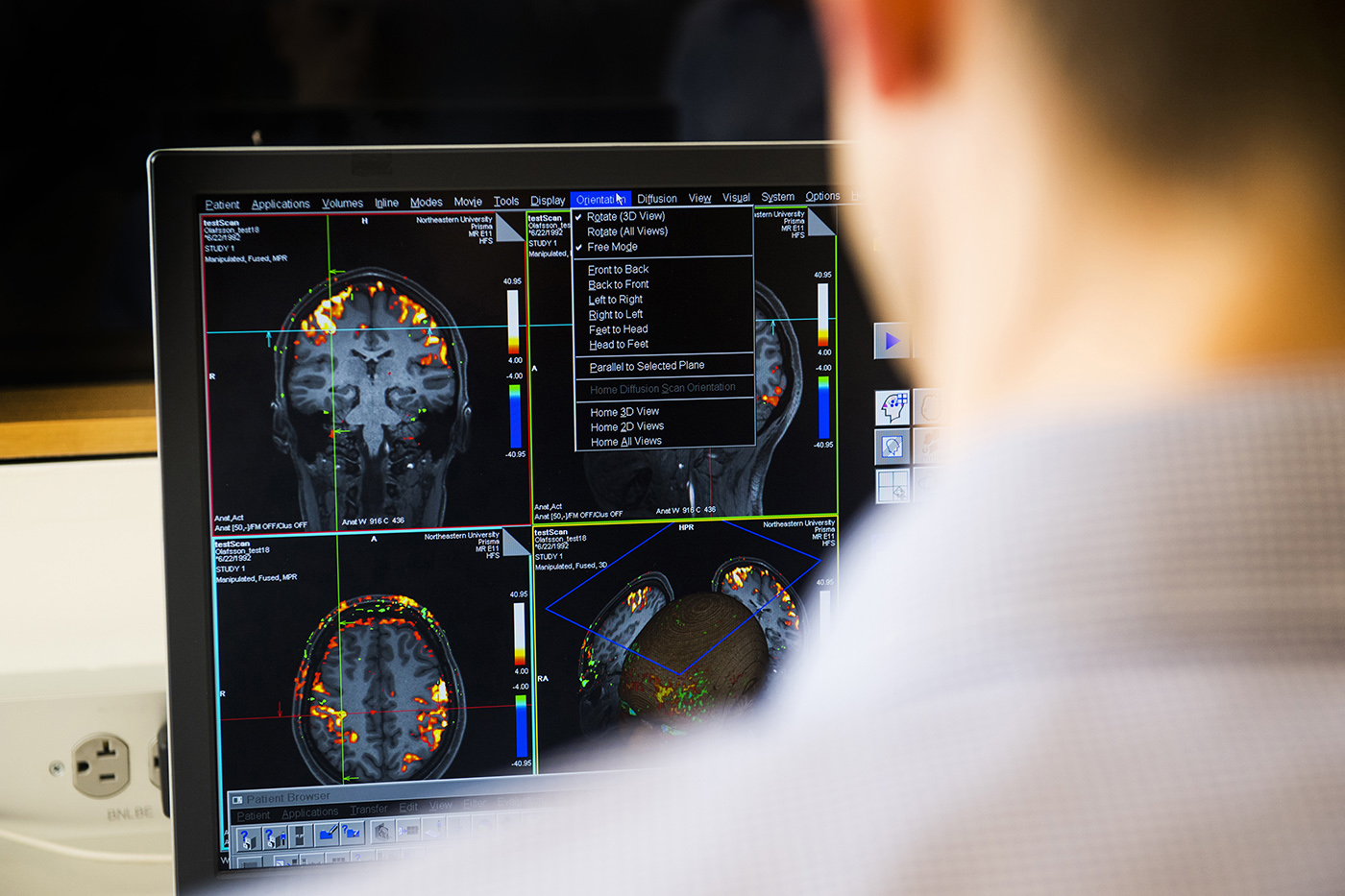
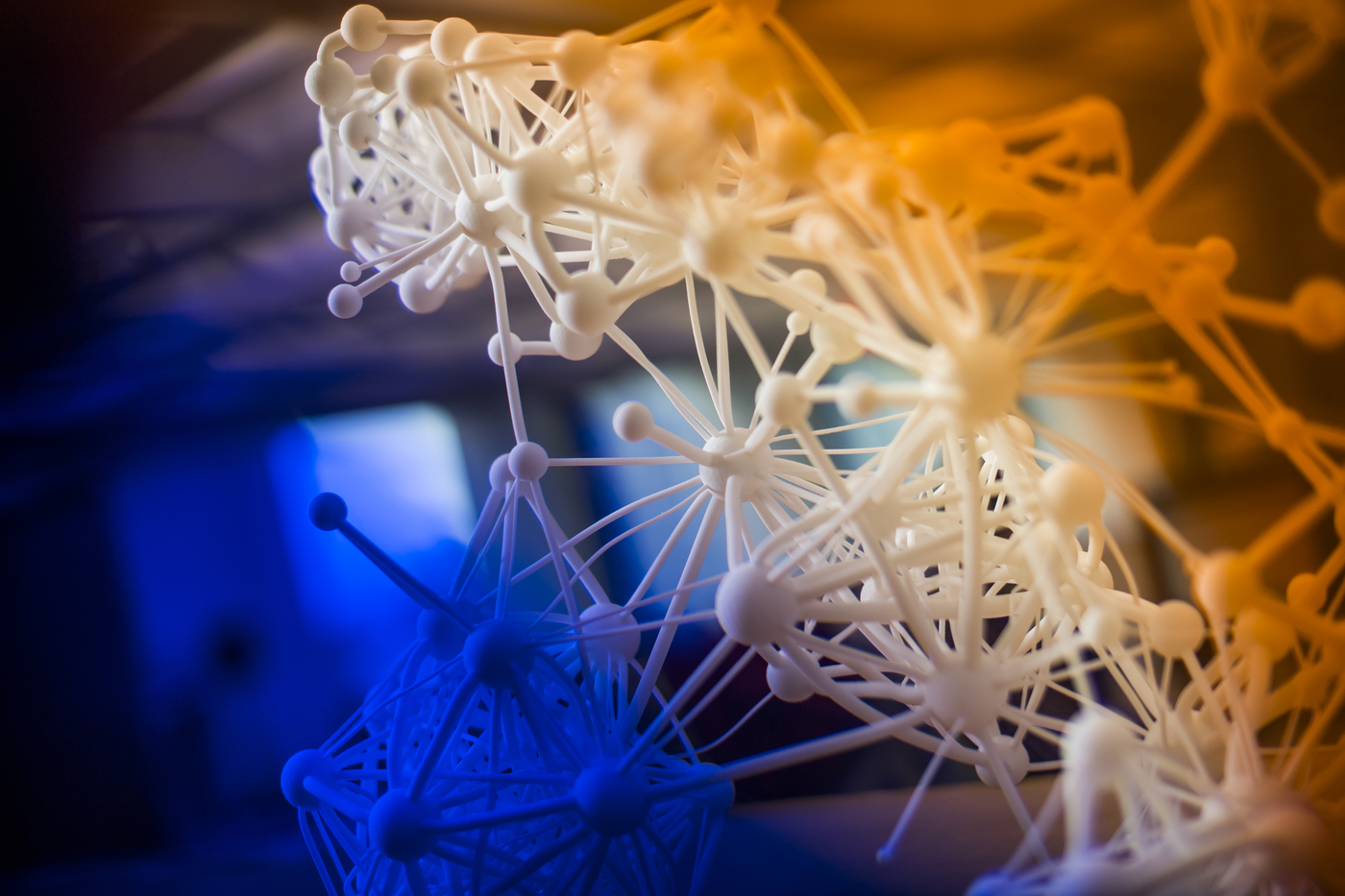
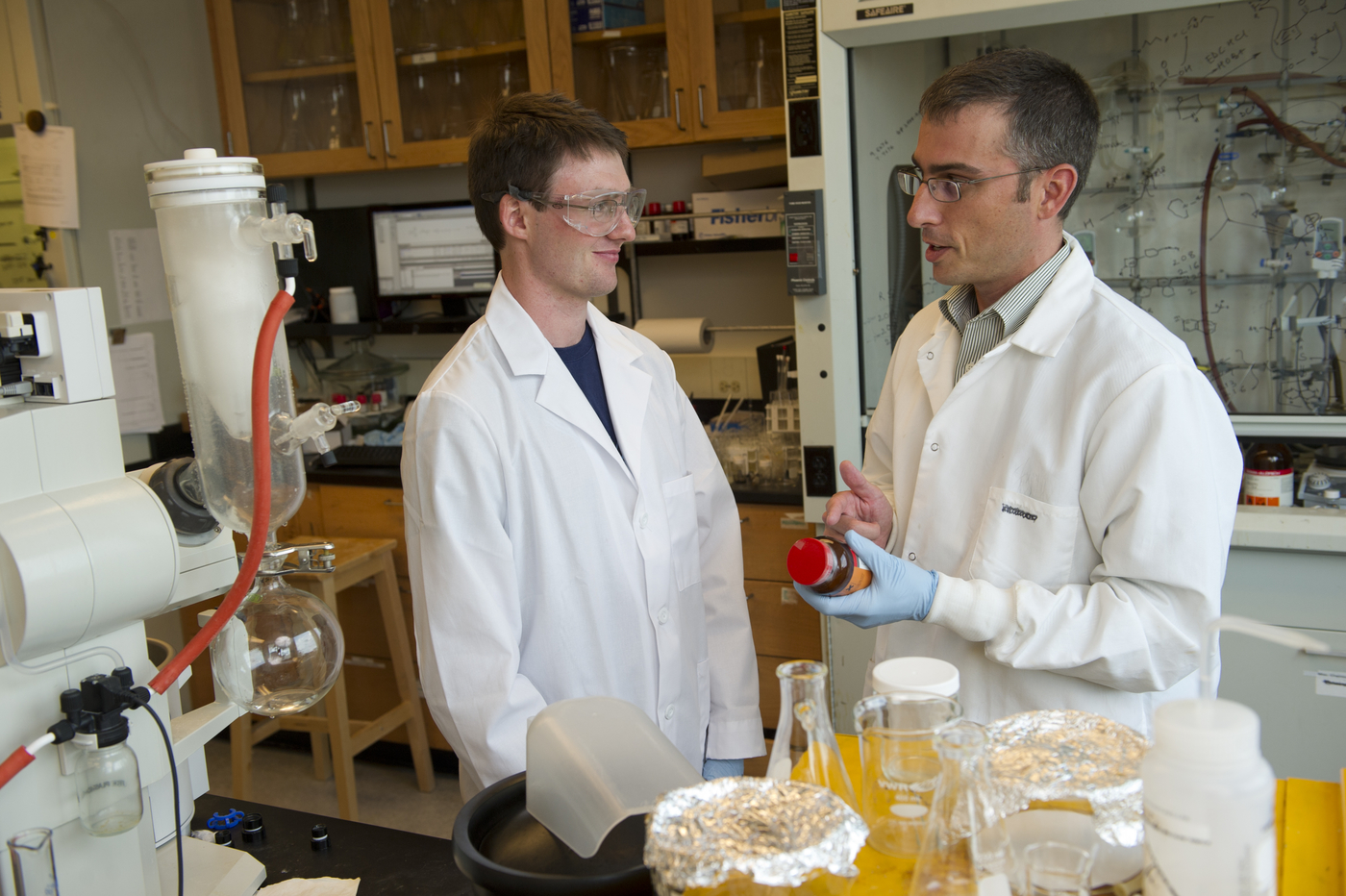


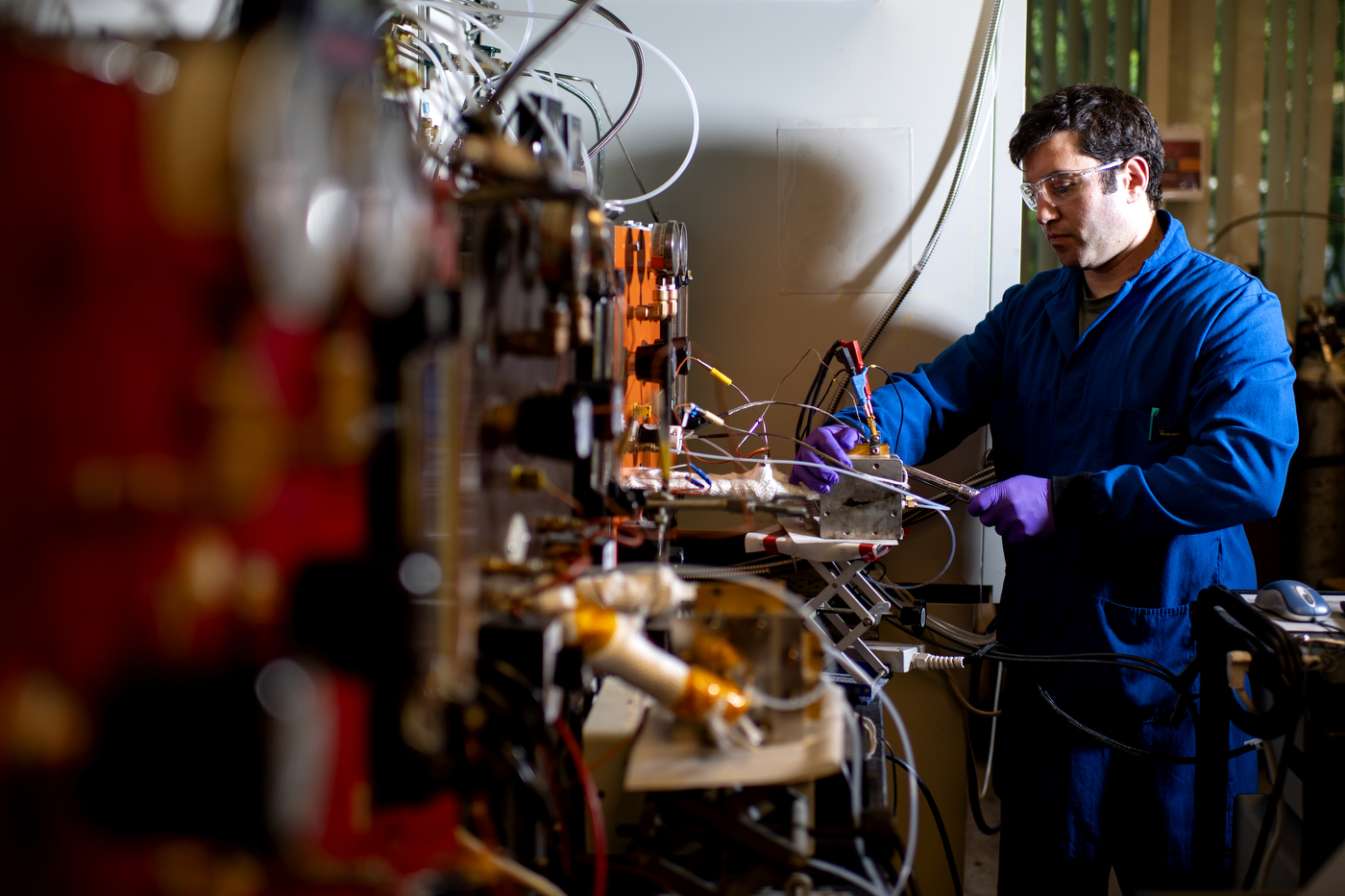

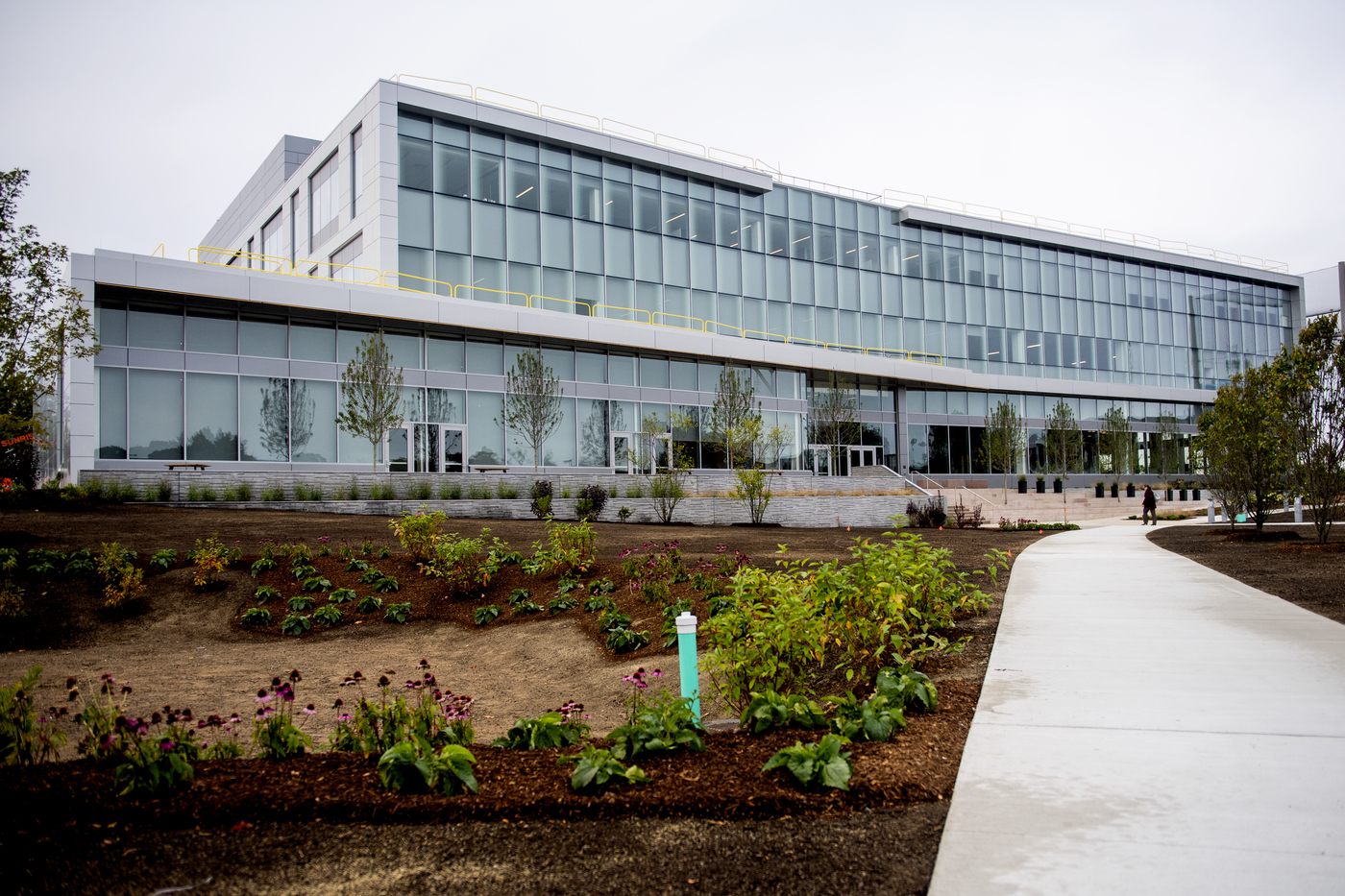

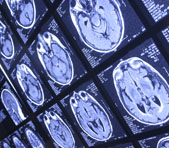
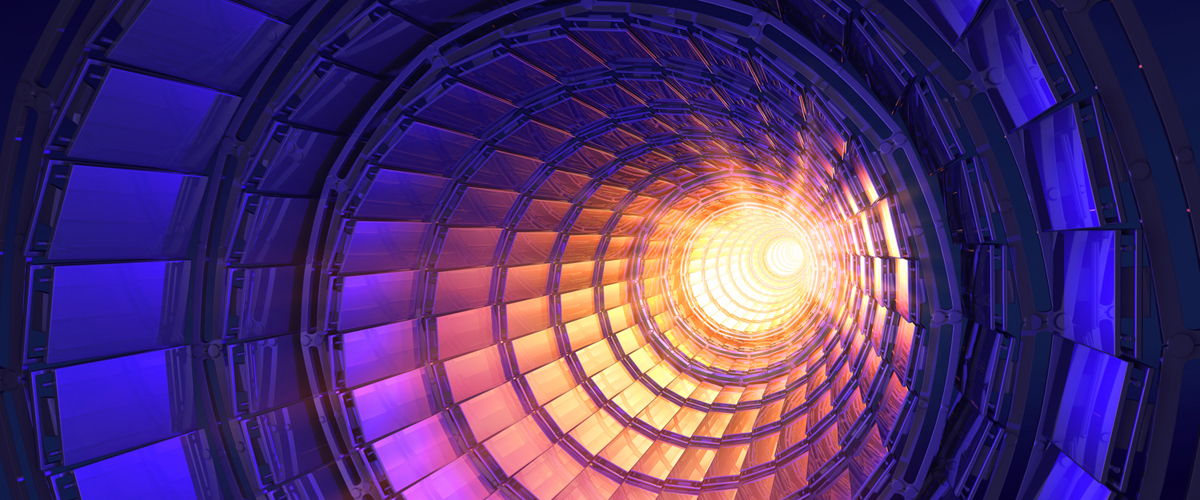
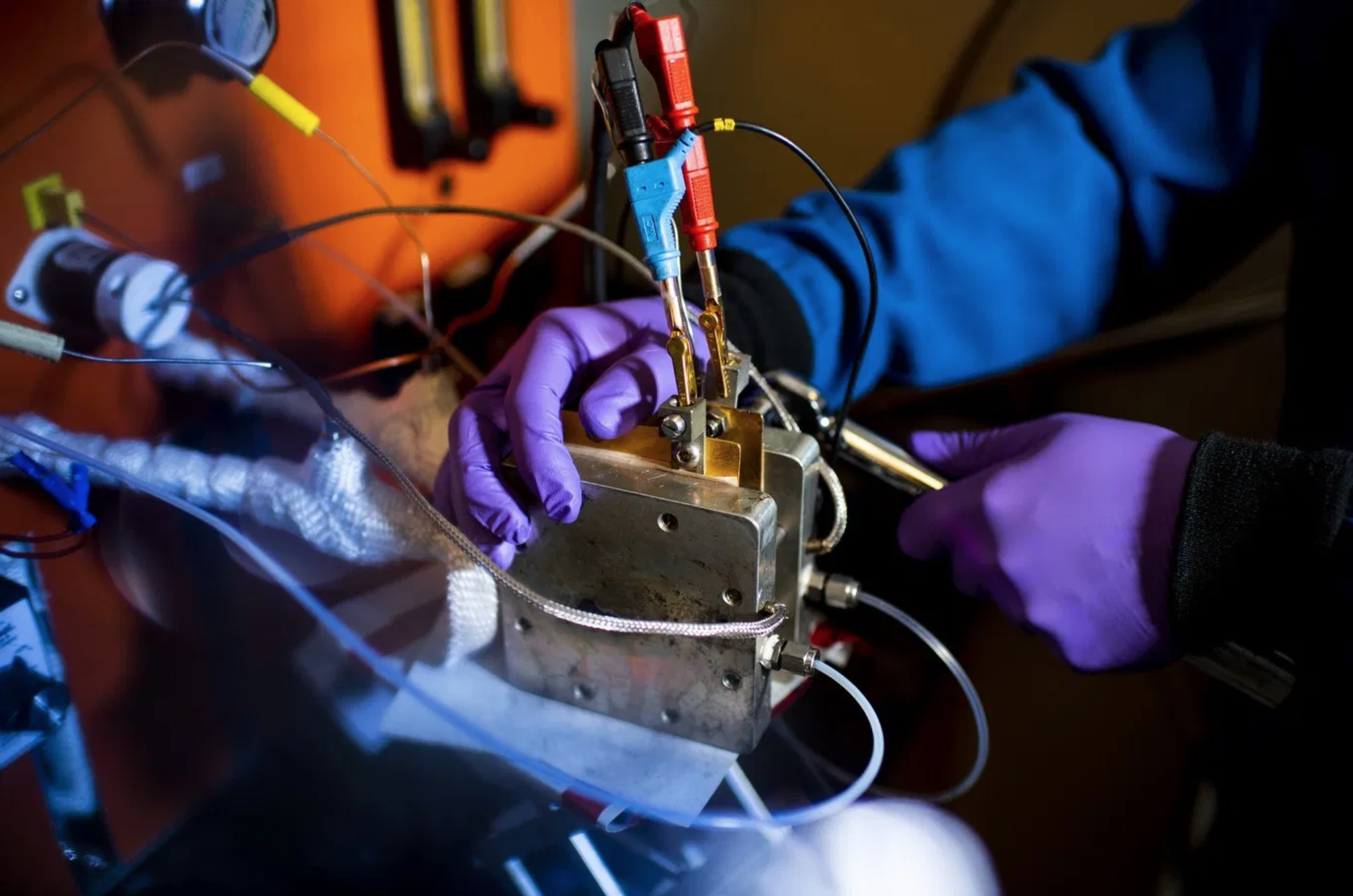
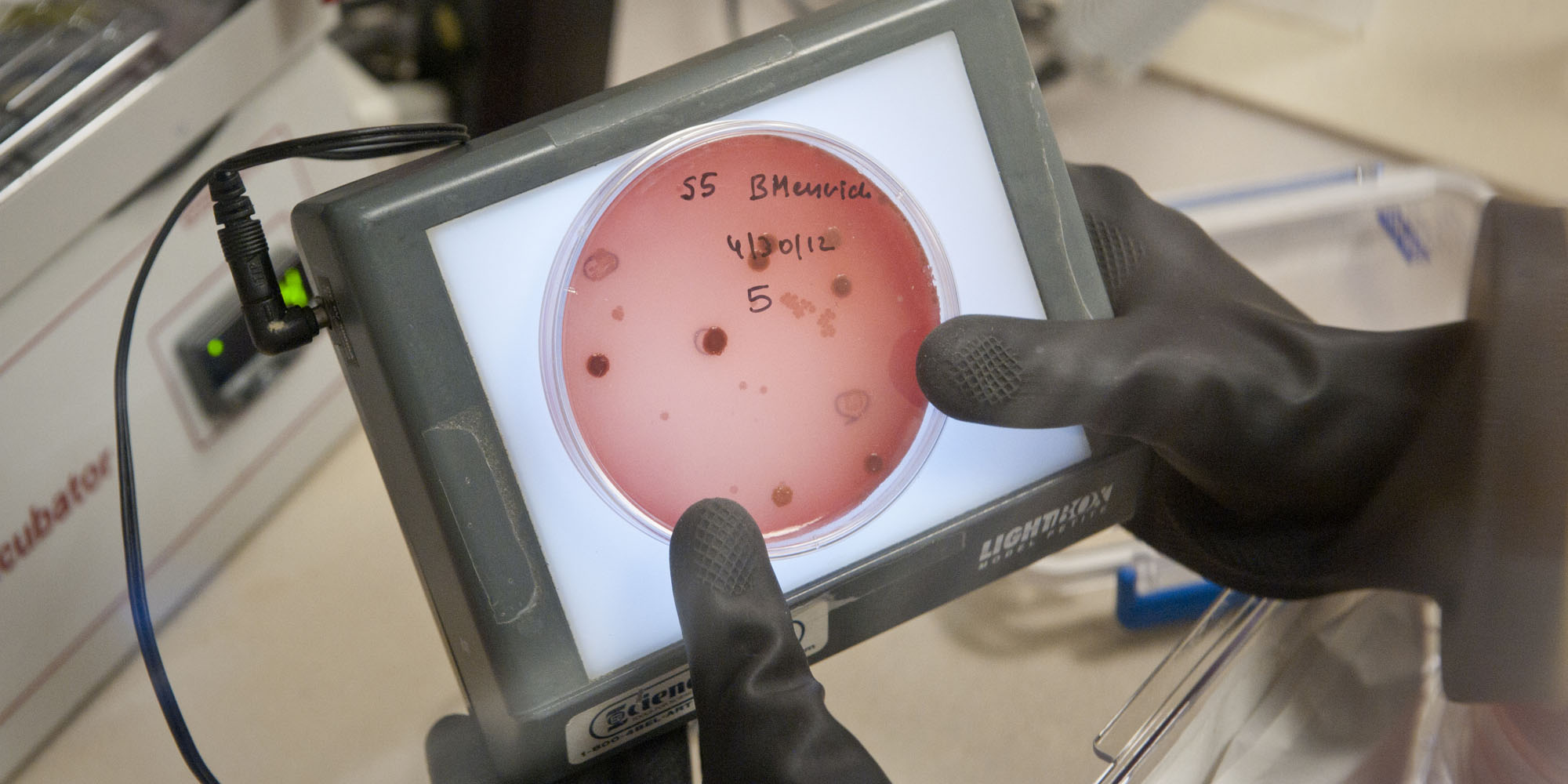
Sort By Research Area
The Institute was established in 1973 as a center for advanced interdisciplinary research in the chemical analysis sciences at Northeastern University, in the educational hub of Boston, Massachusetts. Today, with over 50 scientists and an $8 million endowment, the Institute is recognized internationally as one of the premier centers for cutting-edge research and advanced training in analytical chemistry for biomedical applications. Faculty include Michael Pollastri and Alexander Ivanov.
Directed by Dr. Jared Auclair, BATL is a state-of-the-art facility offering a unique hands-on training opportunity to the pharmaceutical industry in form of affordable, practical and comprehensive courses. Experienced faculty and staff provide in-depth knowledge applicable to the lab environment.
The Center’s objective is simple: think networks. Research focuses on how networks emerge/evolve, how they look, and how they impact our understanding of complex systems. CCNR’s research has developed to unexpected areas, including the topology of the World Wide Web; complex networks inside the cell, and the Internet’s Achilles’ Heel.
Research at this center includes pharmaceutical nanocarriers, controlled drug and gene delivery, drug targeting, intracellular targeting, experimental medical imaging, and cancer immunology, and train young researches in these areas.
The Center for Translational NeuroImaging (CTNI) brings to the Northeastern campus state-of-the-art technology and expertise in the area of Magnetic Resonance Imaging (MRI) with the purpose of understanding the central nervous system in health and disease. High-field MRI offers the potential to visualize and quantify changes in brain function, plasticity, and chemistry as a consequence of environmental insults and genetic predisposition.


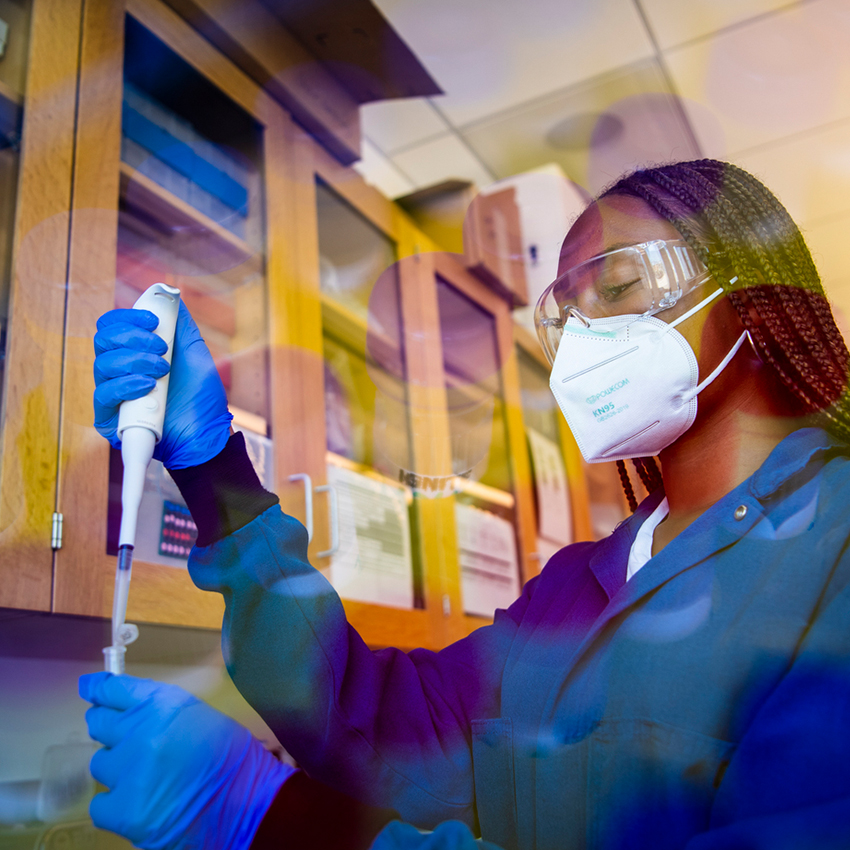


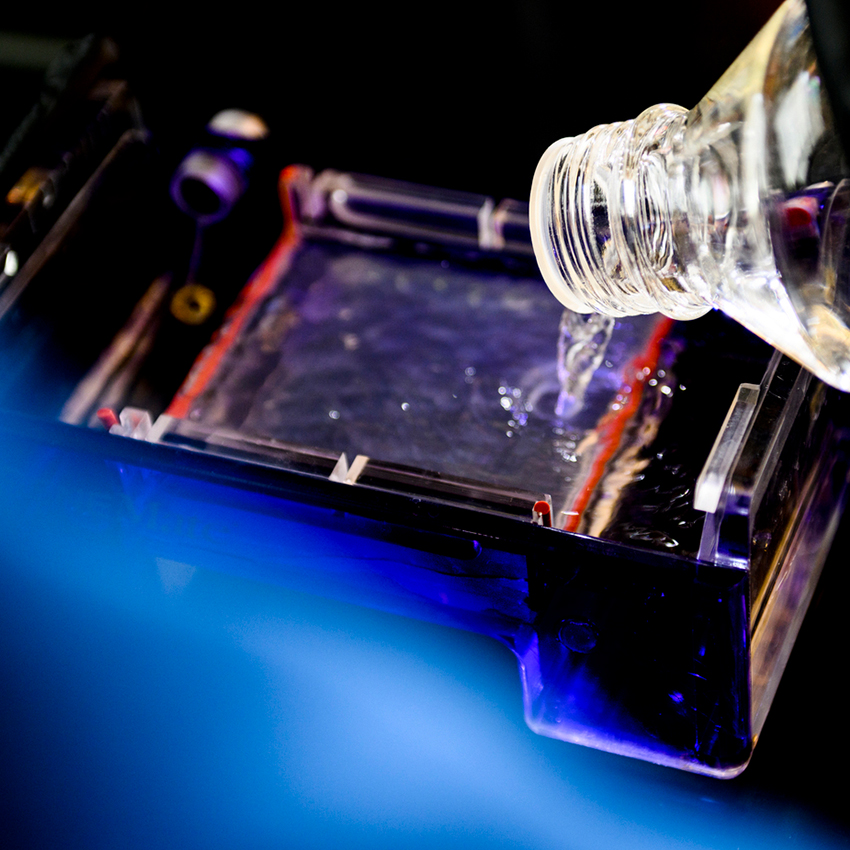
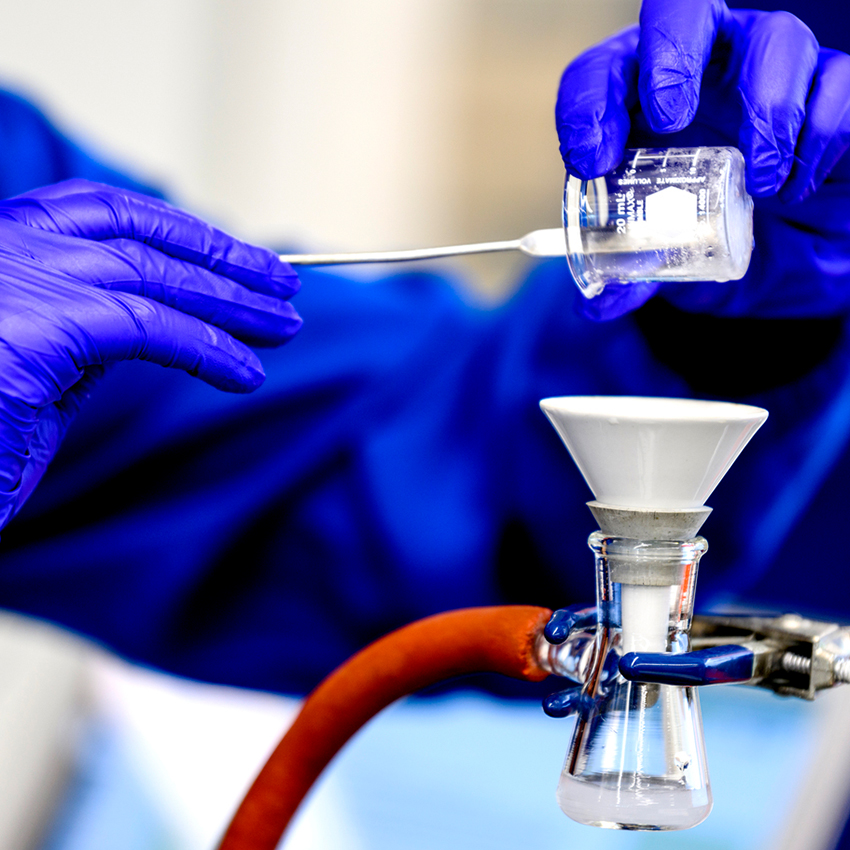
In the News




